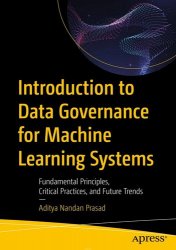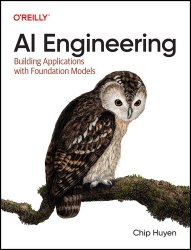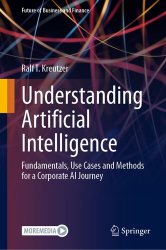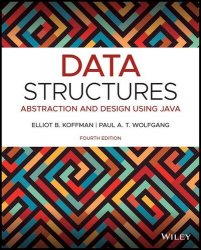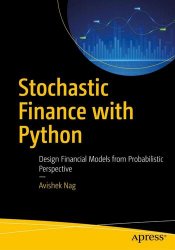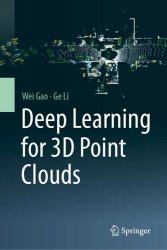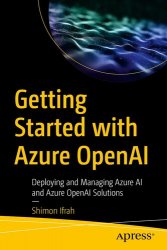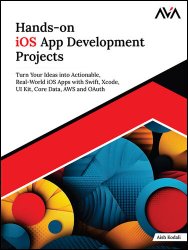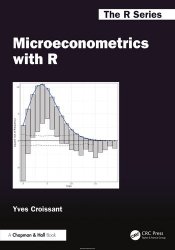- Добавил: literator
- Дата: 14-12-2024, 14:45
- Комментариев: 0
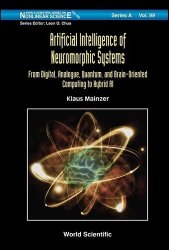 Название: Artificial Intelligence of Neuromorphic Systems: From Digital, Analogue, Quantum, and Brain-Oriented Computing to Hybrid AI
Название: Artificial Intelligence of Neuromorphic Systems: From Digital, Analogue, Quantum, and Brain-Oriented Computing to Hybrid AIАвтор: Klaus Mainzer
Издательство: World Scientific Publishing Company
Год: 2024
Страниц: 436
Язык: английский
Формат: pdf (true)
Размер: 31.7 MB
This book argues for neuromorphic systems as a technology of the future, which are oriented towards the energy efficiency of natural brains. Energy efficiency is a dramatic claim in times of environmental and climate challenges which should consider the sustainability goals of the United Nations (UN). Mathematically, neuromorphic computing is connected to analogue ('real') computing, which theoretically overcomes the limits of digital Turing computability. Therefore, the book also considers material sciences and engineering sciences which start to realize neuromorphic computing in hardware. Other mathematical formalisms such as quantum mechanics also open up new solutions (e.g., quantum computing) beyond the limits of digital Turing computability. These research fields are no longer merely of theoretical interest, they promise increasing innovation power of market interest. Nevertheless, neuromorphic computing is connected with deep logical, mathematical, and epistemic questions. Does it open new avenues to Artificial General Intelligence (AGI)? All these tendencies of research and innovation demonstrate that we need more integrated research in the foundations of logic, mathematics, physics, engineering sciences, cognitive science, and philosophy. The book is a plea for this kind of research.

